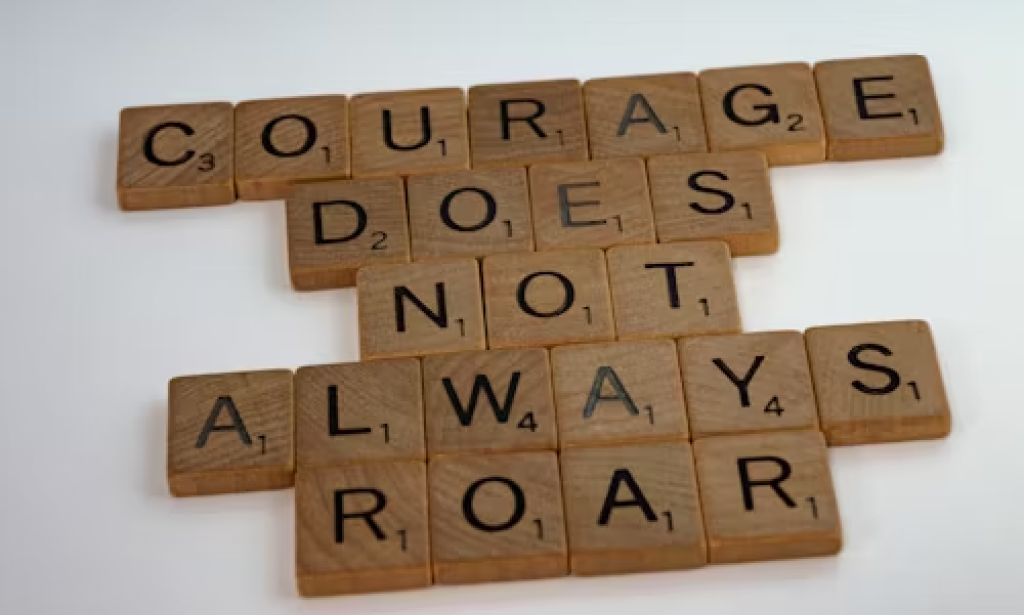Malala Yousafzai, a name synonymous with courage and resilience, has captivated the world with her unwavering commitment to education and human rights. From a young age, Malala defied societal norms and faced unimaginable challenges in her pursuit of knowledge and equality. Today, she stands as a global symbol of hope, inspiring millions with her advocacy for education, particularly for girls in her native Pakistan and around the world.Early Life and Education: Malala Yousafzai was born on July 12, 1997, in Mingora, Swat Valley, Pakistan. Raised in a family that valued education, Malala's father, Ziauddin Yousafzai, was an educational activist who ran a school for girls in their hometown. Influenced by her father's passion for learning and social justice, Malala developed a deep appreciation for education and the power it holds to transform lives.Despite facing opposition from extremist groups that sought to deny girls access to education, Malala remained steadfast in her pursuit of knowledge. She attended her father's school, where she excelled academically and emerged as a vocal advocate for girls' education in Pakistan.Activism and Advocacy: Malala's activism gained international attention in 2009 when she began anonymously writing a blog for BBC Urdu under the pseudonym "Gul Makai," detailing her experiences living under Taliban rule and advocating for girls' education. Her courageous voice resonated with people around the world, shining a spotlight on the plight of girls denied access to schooling due to societal and cultural barriers.Tragically, Malala's activism made her a target of the Taliban, who sought to silence her by force. In October 2012, on her way home from school, Malala was shot in the head by a Taliban gunman. Miraculously, she survived the assassination attempt and was airlifted to the United Kingdom for medical treatment.Recovery and Global Impact: Malala's remarkable recovery and resilience captured the world's attention and galvanized support for her cause. Determined to continue her advocacy, she founded the Malala Fund, a nonprofit organization dedicated to promoting education for girls and empowering young women to become agents of change in their communities.In recognition of her fearless activism, Malala was awarded the Nobel Peace Prize in 2014, becoming the youngest-ever Nobel laureate at the age of 17. Since then, she has continued to champion the cause of education, delivering impassioned speeches at the United Nations, meeting with world leaders, and advocating for policy reforms to ensure access to quality education for all children, regardless of gender or background.Legacy and Inspiration: Malala Yousafzai's journey from a courageous schoolgirl to a global icon of activism and education serves as a beacon of hope for millions around the world. Her unwavering determination, resilience, and commitment to justice have inspired a new generation of activists to stand up for their rights and fight for a more just and equitable world.As Malala once said, "One child, one teacher, one book, and one pen can change the world." Through her life and work, she has embodied this belief, proving that even in the face of adversity, education has the power to transform lives and create a brighter future for generations to come. Malala Yousafzai's legacy will continue to inspire and empower individuals to strive for positive change and make a difference in the world.


You must be logged in to post a comment.